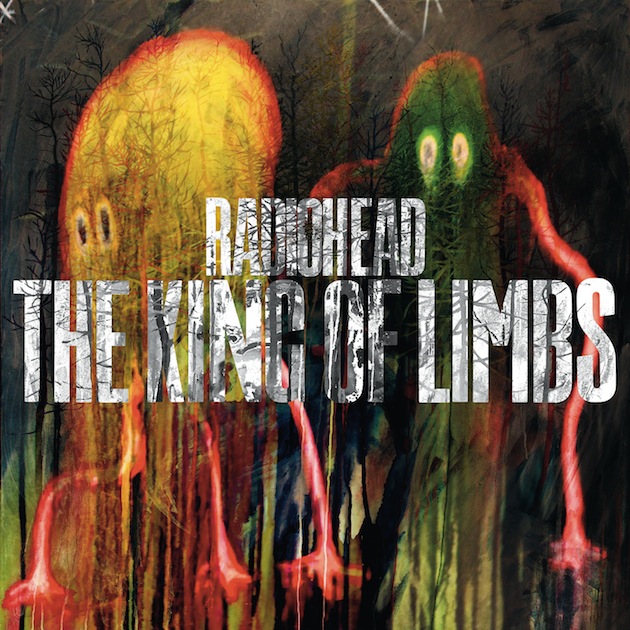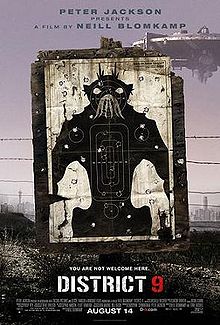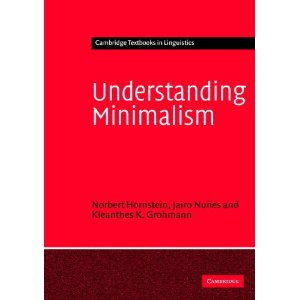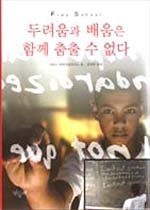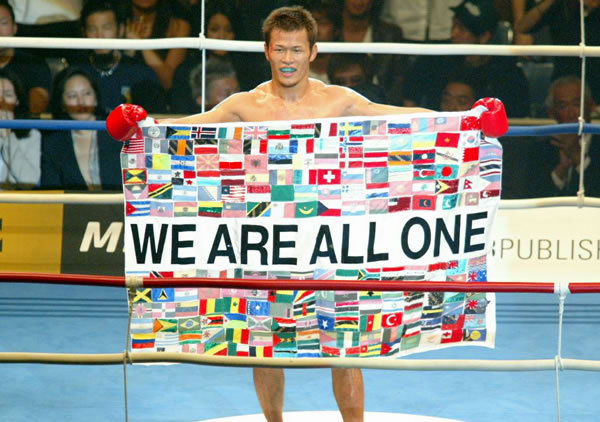The morning dawned utterly cloudless, but definitely fall-like, cooler and with lower humidity.
I decided to reprise my old commute from Suwon to Gangnam, and it was interesting. The bus was only half-full – as empty as I've ever seen it on a morning hour. It is, technically, a holiday. I was listening to my MP3, on shuffle, and watching the familiar scenery go by. I love giant cities, and that feeling of anticipation that one gets, coming into one through never-ending suburbs. Coming into Seoul from the south feels just like approaching Philly from the west, or New York from the north – you pass through alternations of high-density suburbs and green, rural-looking hills covered with trees and striking rock formations.
I especially like coming through the 우면산 [u-myeon-san] tunnel that the #3000 express bus from Suwon goes through. You're in green countryside, with only the barest hint that you're on the outskirts of a vast metropolis. The hills are steep and forested. And then you go through a toll-gate, plunge into the 3 kilometer tunnel and pop out amid the high-rises of Seocho-gu.
As the bus burrowed into the tunnel, my MP3 player began to play "Wait So Long" by Trampled by Turtles. I'm not sure how I feel about this music, but it felt appropriate as I waited for the long tunnel to end. Trampled by Turtles, by the way, is the most awesome band name, ever. They're a vaguely "punk" bluegrass outfit from Duluth. I think I listen to them partly just because of their being from Duluth – I have a ambivalent relationship with bluegrass music. It's not really my favorite genre, nor even anywhere near the top. But it was a part of my childhood, and my father is a passing-fair bluegrass and folk musician who plays in amateur gatherings frequently. I think the Duluth angle, combined with their genre-busting punk leanings, is what makes Trampled by Turtles enjoyable for me.
Teheran-no (the main east-west drag in the high-rent Gangnam district of Seoul) was utterly devoid of traffic. Seoul does, indeed, become a ghost town on the Chuseok holiday. I got off at my accustomed stop at the Gangnam subway station, and promptly parked myself in the vast Starbucks half-a-block from the northeast station entrance.
I'm not one of those anti-Starbucks people. I refuse to get defensive about it – except, by virtue of saying that, and writing in this way about it, I am, in fact, getting defensive about it. Oh well.
The facts, such as they are: a) Starbucks is a giant corporation, yes, but I think that, over all, it's more ethical in its policies and behavior than companies such as Google and Facebook, both of which are widely used by many of the same people who proclaim Starbucks to be evil; b) I own stock in the company, and it's not done well (absolute worst overall performance in my portfolio for the last half-decade, but that's my own fault, for having bought near the peak) – so I feel this weird, irrational, emotional need to "support" them, although that's ridiculous from the standpoint that I'm sure I've spent more money at their stores than I've lost in capital losses on their stock. To reiterate: Oh well. Just remember, each 4 dollar latte that you buy will contribute 1 bazillionth of a cent to my net-worth, so, over a lifetime of latte purchases, I'll have increased my net worth sufficiently to be able to add one more sip.
The vast Starbucks that used to be one of my study haunts when I was trying to be a full-time Korean Language student is utterly deserted. It's as if there was a North Korean invasion, everyone ran away, and the staff wasn't told. Hmm. I'll get back to everyone, on that.
OK. More later.
 “Me get it, cookie is sometimes food. You know what? Right now is sometime!” – Cookie Monster, after a lecture by some other character, urging moderation.
“Me get it, cookie is sometimes food. You know what? Right now is sometime!” – Cookie Monster, after a lecture by some other character, urging moderation.
